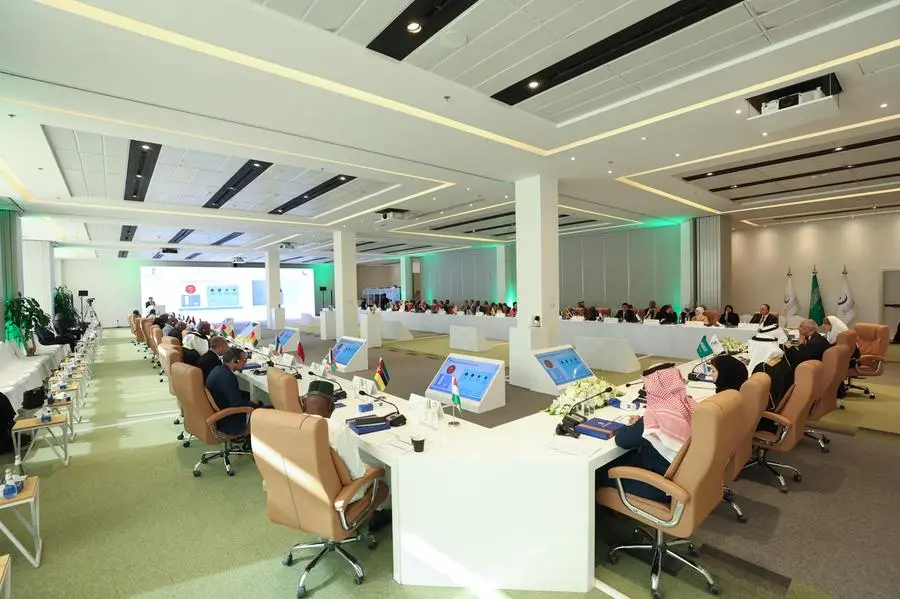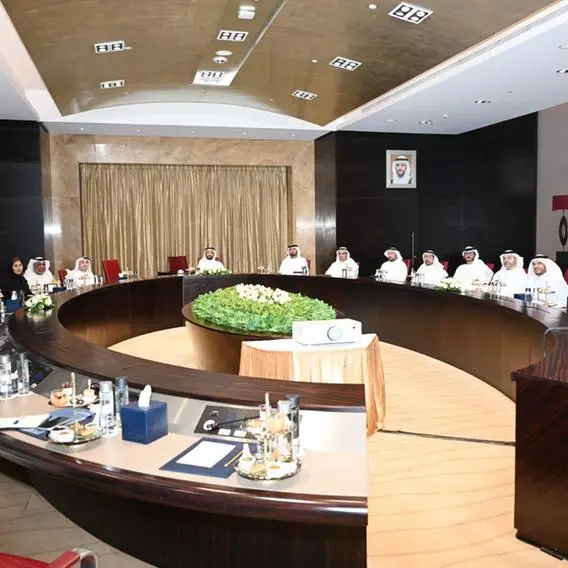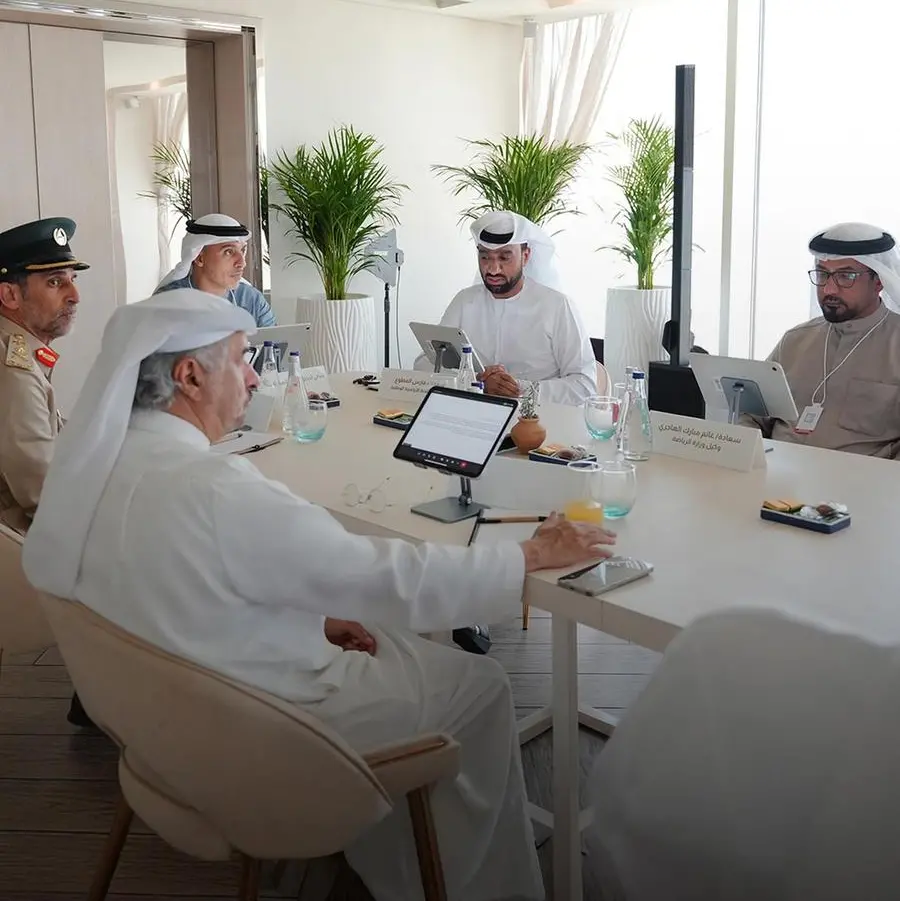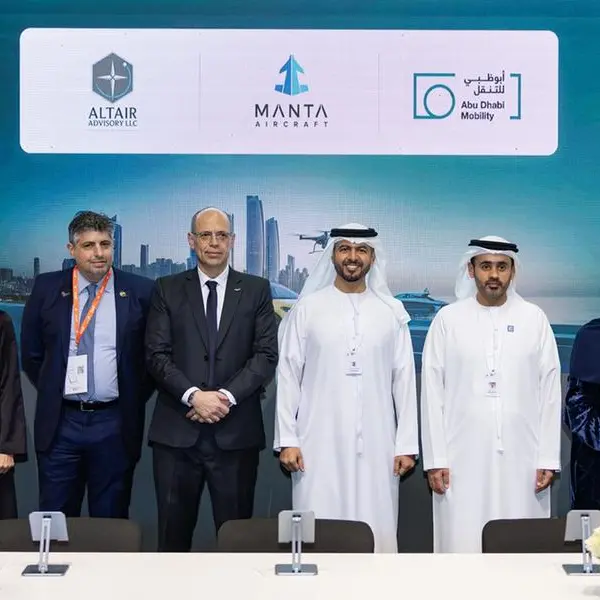PHOTO
Jeddah: The Third meeting of National Medicine Regulatory Authorities (NMRAs) of Member States of the Organization of Islamic Cooperation, (OIC) concluded today, Wednesday, 18 December 2024 in Riyadh. The meeting adopted the Riyadh Declaration and Action Plan 2025-2027.
The Declaration emphasized the necessity of strengthening cooperation and networking among the NMRAs as well as adopting strategies and initiating actions that would promote, as mutually agreed, relevant technology transfer, exchange of technical know-how, and human capacity building for the development and manufacturing of pharmaceutical by the domestic industry of the OIC Member States. The Declaration called upon NMRAs in OIC Member States to cooperate in order to create an effective quality assurance and control systems, aiming to prevent risks to public health and to enhance the capabilities of Member States to control and monitor the imported products. The Declaration emphasized the need for NMRAs in the OIC Member States to be more digitalized by using effective and safe AI systems and develop partnerships with technology providers to promote and use AI-based medical innovations and pursue technology-related transformation to modernize the NMRAs systems and their capabilities.
The Action Plan 2025-2027 would focus on promoting collaboration among OIC NMRAs for advancing medicine regulation and R&D ecosystems. The Action Plan includes five objectives: (i) to strengthen cooperation and networking among the NMRAs in the OIC Member States, (ii) to promote access to affordable and quality medicines and vaccines, (iii) to develop R&D ecosystem resources, (iv) to ensure adequate and sustainable funding system for NMRAs, and (v) to advance NMRAs maturity and achieve good regulatory practices/benchmarking tool (GBT). The meeting called on NMRAs in the OIC Member States to form working groups to develop the necessary mechanisms for implementation of the Action Plan 2025-2027 to ensure the achievement of its objectives.
During the two days of the meeting, the participants made presentations and held discussions within five Working Sessions. The first Working session on the topic: Strategies for Enhancing Collaboration and Regulatory Harmonization among OIC NMRAs: Current State, Challenges and Opportunities, the presenters were from SESRIC, COMSTECH, and the Saudi Food and Drug Authority. In the Second Working Session on the topic of biotech regulation and localization within OIC, five Member States made presentations: Saudi Arabia, Turkiye, Jordan, Oman, and Morocco. In the Third Working Session on the topic: Developing R&D Ecosystem, five Member States made presentations: Gabon, Indonesia, Bangladesh, Senegal, and the United Arab Emirates. In the Fourth Working Session on the topic of access to Affordable and Quality Medicines and Vaccines, the Islamic Development Bank (IsDB) made a presentation as well as three Member States, Tajikistan, Turkiye, and Mozambique. In the Fifth Working Session on the topic of NMRA maturity and GBT status, four Member States made presentations, Brunei Darussalam, Pakistan, Azerbaijan, and Uganda as well as a presentation from a representative from the Saudi Food and Drug Authority.
Representatives from 30 OIC Member States, as well as, representatives from OIC Institutions SESRIC, COMSTECH, Islamic Development Bank (IsDB), and The Standards and Meteorology Institute for Islamic Countries (SMIIC) participated in the meeting.
The OIC Assistant Secretary-General, Ambassador Aftab Ahmad Khokher, thanked and commended the professional leadership and commitment of the Saudi Food and Drug Authority. On behalf of the OIC Secretary-General, he reiterated the commitment of OIC General Secretariat to continue supporting the collaboration among NMRAs of OIC Member States.
The meeting extended their thanks and appreciation to the CEO of the Saudi Food and Drug Authority H.E. Prof. Hisham Aljadhey and his able team for the excellent organizational and logistical arrangements made for this meeting.
Organization of Islamic Cooperation




















